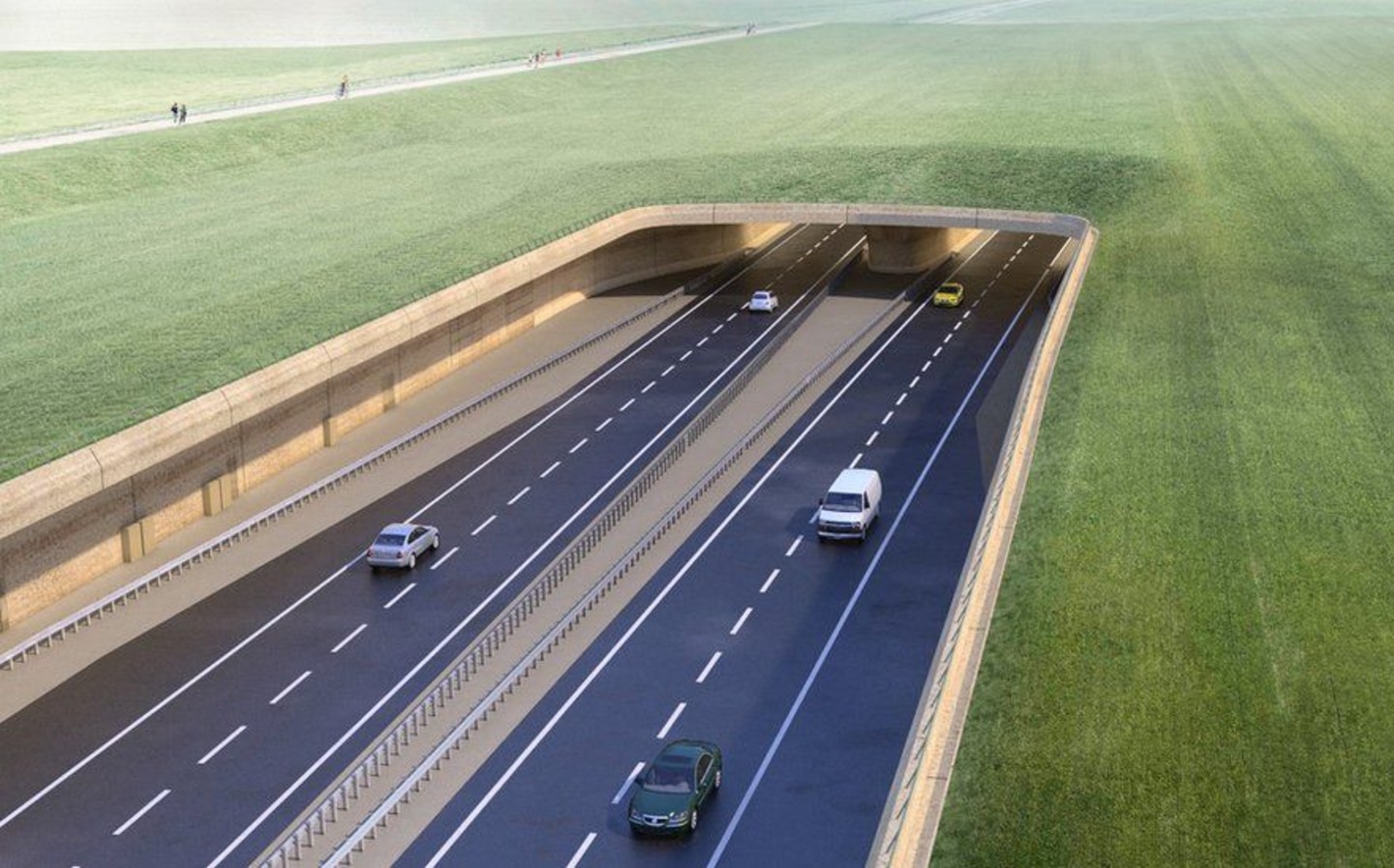Climate group loses High Court bid to block £27bn roads programme
Green light for biggest road-building project in history but delays mean traffic chaos looms
THE GOVERNMENT has taken another step towards major investment in England’s motorways and A-roads after a High Court injunction by a climate group was rejected.
The claim by environmental group Transport Action Network accused the government of failing to consider the impact of its second road investment strategy (RIS2) on plans to cut greenhouse gas emissions to net zero by 2050.
However, presiding judge Mr Justice Holgate rejected the challenge, saying that transport secretary Grant Shapps “was advised of the impact of the programme on the net-zero target … he did not need to be shown the supporting numerical analysis”.
He added: “Some people might think that it would have been better if [he] had been supplied with at least some of that analysis and that would not have involved overburdening the minister. But … that is not the test for a public law challenge.”
Biggest major road-building project in history
RIS2 is the biggest single investment in England’s motorways and major A-roads there has ever been. The five-year plan will run from March 2025 and features 50 Highways England projects designed to help reduce congestion, thereby improving local pollution.
The projects include the Lower Thames Crossing, a new link between Essex and Kent to ease congestion at the Dartford Crossing on the M25, and a controversial new tunnel near Stonehenge to alleviate pressure on local roads around the historic site.
The latter has come in for criticism due to its short length, which could have an impact on Stonehenge as a protected UNESCO Heritage Site. Also included in the plan are improved connections for 20 ports and airports across England, improvements to 100 major junctions, and 4,000 miles of roads.

Mr Justice Holgate said that the Department for Transport’s barrister had offered evidence that it was taking a “range of steps” to urgently address carbon production in the transport sector.
“Whether they are enough is not a matter for the court, but the evidence is plain that the government is seeking to deal with the need for urgency,” he said.
Climate activists shocked by decision
Responding to the ruling, Chris Todd, director of Transport Action Network, said he was shocked by the ruling and intended to appeal.
“In a month of unprecedented fires and floods, the effect of this judgment is to prioritise the ‘stability and certainty’ of the roads over that of our climate,” he said.
“Even if rising waters were lapping at the steps of the courts and Whitehall, it appears scrutiny of government climate decisions would still be side-stepped. As the quickening pace of global heating threatens the rule of law, we need legislation upheld rather than ministers let off the hook.”
Delays caused by legal challenges to RIS2 are expected to increase the costs of the listed projects by £756 million, with the Lower Thames Crossing expected to make up nearly half of that.
Highways England has also stated that delays are likely to cause added travel disruption, as several projects occur simultaneously, causing significant delays for motorists.
Tweet to @ST_Driving Follow @ST_Driving
- After reading about the government’s High Court case, you might like to about how much traffic costs the economy
- Read about the government plans to ban diesel lorries by 2040.
- Motorists being fined millions of pounds for inadvertently entering low-traffic neighbourhoods.





